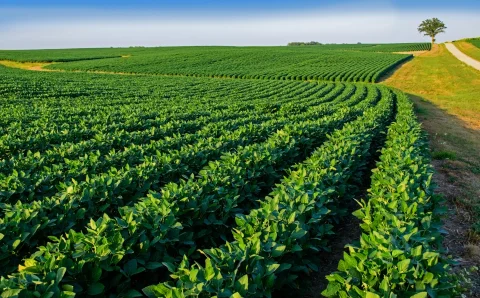More erratic weather patterns caused by a warming planet pose enormous threats and significant costs across the food sector – impacting farmers, companies, investors, and the price consumers pay in the grocery store. In 2023, weather-related disasters caused $21.9 billion in crop losses in the United States alone.
At the same time, the food sector contributes 33% of global greenhouse gas emissions. Most of these emissions are embedded in the production of key agricultural commodities and fall under scope 3, or indirect, emissions from the supply chains of companies that source, manufacture, distribute, and sell agricultural products.
In line with their fiduciary duty, investors call on companies to take action that reduces climate risk in their portfolios while unlocking new business opportunities in the food sector. Recognizing the need for sector-wide action, these investors engage companies to improve their greenhouse gas emissions disclosures, set ambitious emission reduction targets, and implement robust transition plans detailing how they will achieve their goals.
Specifically, investor participants are asking for commitments to:
Disclose emissions across their entire value chain and set science-based emission reduction targets.
Develop and disclose comprehensive climate transition action plans.
Implement the actions identified in those plans and disclose progress.
X









